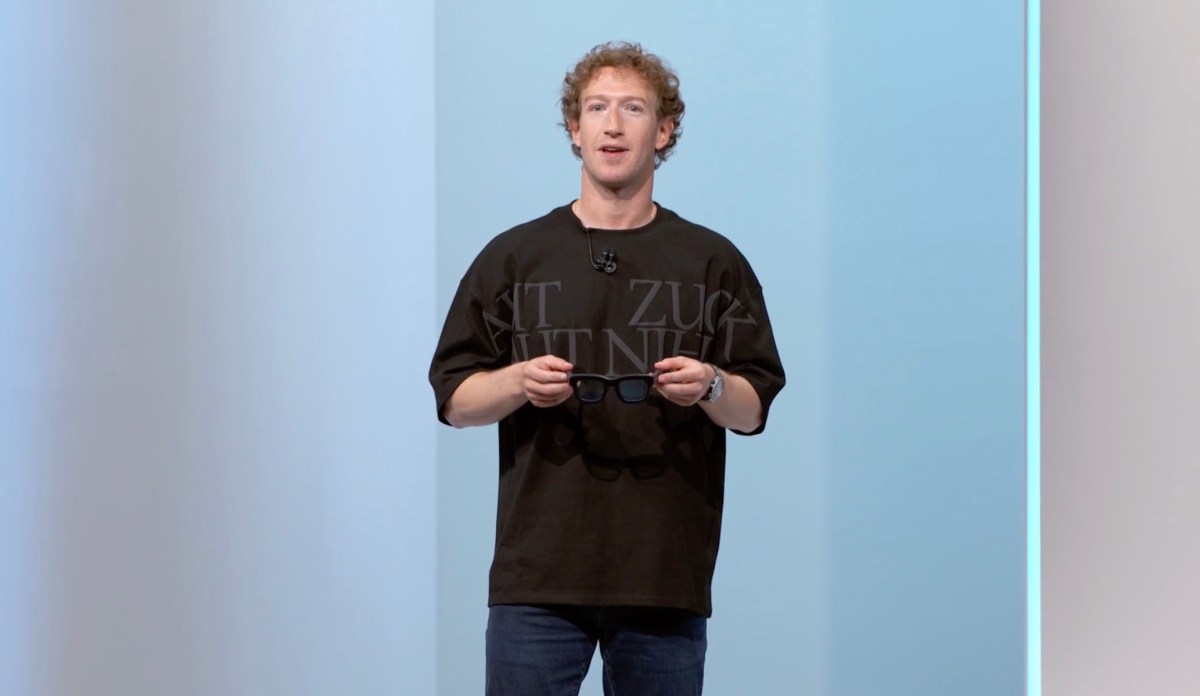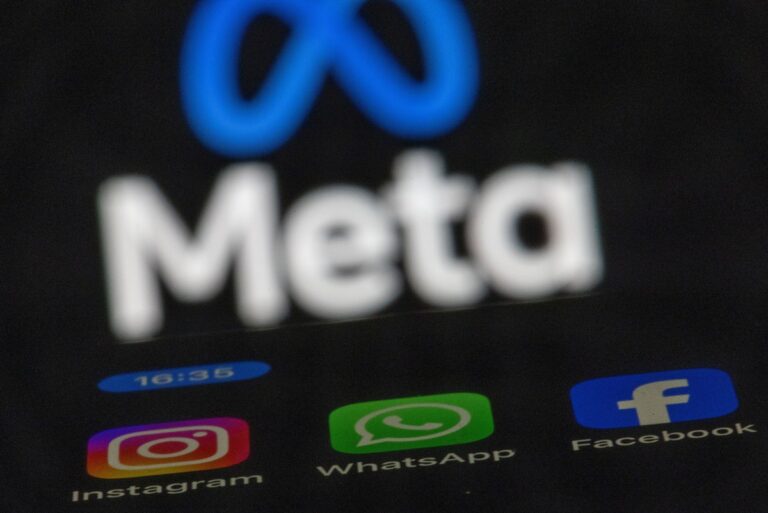Meta Innovates: Testing In-House AI Training Chips for Enhanced Performance
Meta is making headlines with its latest initiative to develop an in-house chip designed specifically for training AI systems. This move is a strategic effort to decrease the company’s dependency on external hardware suppliers like Nvidia, enhancing its capabilities in artificial intelligence.
Meta’s New AI Chip Development
According to Reuters, Meta’s custom chip is engineered to efficiently manage AI-specific workloads. The chip is being produced in collaboration with Taiwan Semiconductor Manufacturing Company (TSMC) and is currently undergoing a small-scale deployment to test its efficacy. Should these preliminary tests yield positive results, Meta plans to expand production significantly.
Previous Custom Chip Initiatives
While Meta has previously utilized custom AI chips, this initiative marks a notable shift as it focuses on training AI models rather than merely running them. However, it’s worth mentioning that several of Meta’s earlier chip design projects faced challenges and were either canceled or reduced due to unmet expectations.
Financial Implications of In-House Chips
Meta has allocated a staggering $65 billion for capital expenditures this year, a significant portion of which is directed towards acquiring Nvidia GPUs. By transitioning to in-house chips, even a modest reduction in costs could represent a substantial financial advantage for the social media titan.
Key Takeaways
- Meta is testing an in-house chip for AI training to reduce reliance on Nvidia.
- The chip is developed in partnership with TSMC.
- Current deployment is small-scale, with plans for expansion based on test results.
- Previous chip initiatives faced setbacks, but this effort is focused on training AI models.
- A significant portion of Meta’s $65 billion capital expenditure is currently spent on Nvidia GPUs.
As Meta continues to innovate in the realm of artificial intelligence, these developments could pave the way for greater autonomy in hardware capabilities. For more insights into the future of AI technology, check out our AI Technology Updates page.







